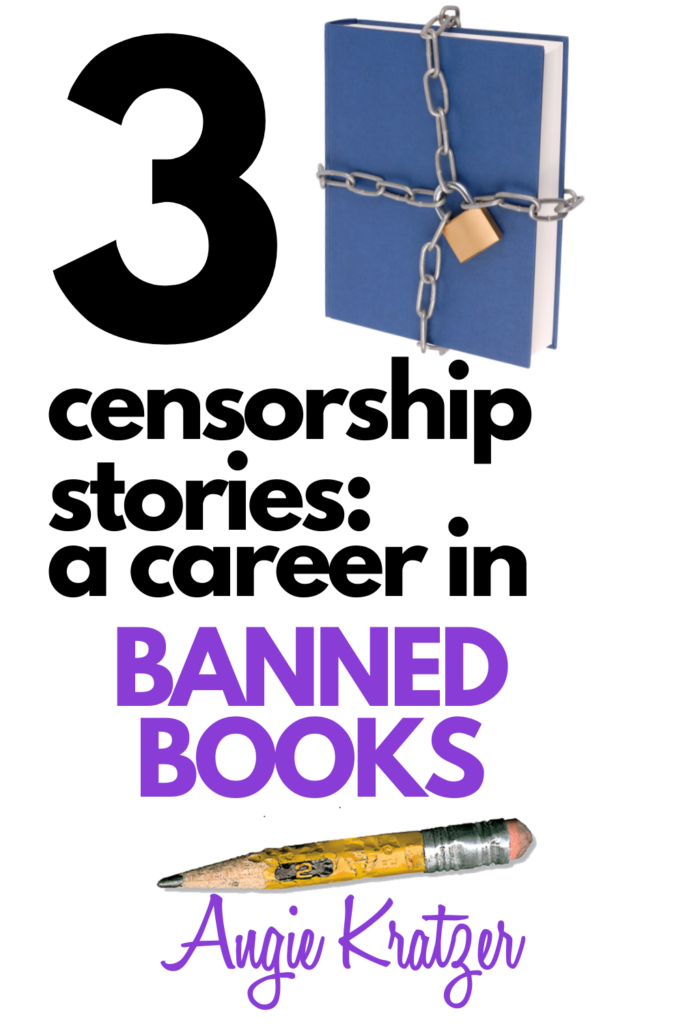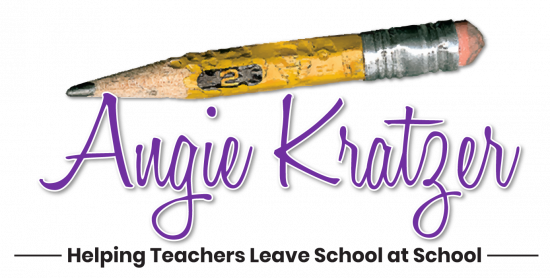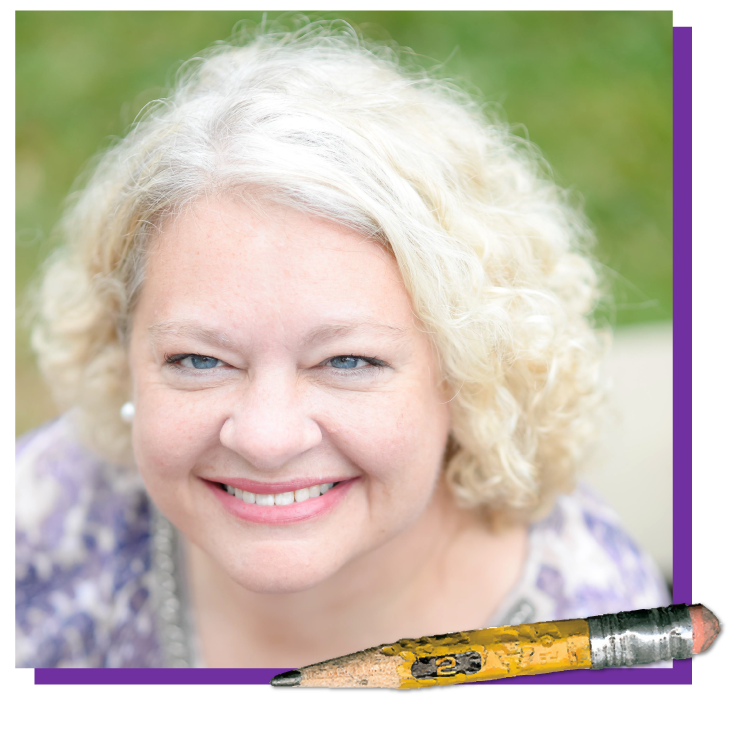
I have a few stories to tell.
I started teaching in the Medieval Period, my teacher desk hewn from the village oak. (It was 1990, but that seems SO long ago. It was early enough in the evolution of Man that I actually bubbled my grades in on a Scantron sheet.) I mentioned to a friend this week that I have so many stories of parents contesting the books I had students reading, and she said, “Blog about them! I’d love to hear them!”
Here are some works parents NEVER complained about:
Catcher in the Rye (profanity and prostitution)
Oedipus Rex (incest)
Things Fall Apart (domestic violence)
The Things They Carried (profanity and graphic violence)
The Bluest Eye (the rape of a child)
Here are my most memorable protests:
Siddhartha 1996
A student in my sophomore World Literature class was smiling while reading at home. His mother noticed, and since this behavior was unusual for said student, she asked to read the page.
[Kamala is speaking] “You are the best lover,” she said thoughtfully, “I ever saw. You’re stronger than others, more supple, more willing. You’ve learned my art well, Siddhartha. At some time, when I’ll be older, I’d want to bear your child. And yet, my dear, you’ve remained a Samana, and yet you do not love me, you love nobody. Isn’t it so?”
This and five other similarly scintillating excerpts were flagged in the copy of the book that came back to my classroom the next day. Within a week, the parent was speaking in front of the school board, and within a week of that, several of my students were called in to be interviewed by a committee of teachers tasked with reading the book and making a decision on its appropriateness. One of the students came to me after her interview and said, “I assured the committee that you are THOROUGH and that you discuss EVERYTHING so that we understand context and intent.” We both laughed.
The ironic thing? Hesse used Siddhartha’s hedonistic relationship with Kamala to illustrate the soul sickness that follows lust and greed. It is a statement AGAINST caving to the flesh. In that class, we had the most amazing discussions about pre-marital sex and the dangers therein. Who was the most vocal and engaged? Said student.
The Adventures of Huckleberry Finn 1998
I would handle this one differently if given the chance. I was using the book in an English 11 Honors class, which was a survey of American literature. I LOVE Mark Twain, and my students were so clever and able to catch sarcasm in almost anything we read, so I decided that they would be able to manage the novel’s paradoxical treatment of race. (The truth is that I thought I would be able to manage the novel’s treatment of race.) I think I dealt with it as well as any not-yet-woke middle-class 26-year-old white girl would. At a 98% Black urban high school.
I have two strong memories. One is of a student storming out during a seminar on whether or not Twain was a racist. Another was a conference with a mother who thought it was unconscionable that I would teach a novel that included the “n word.” She was angry and wanted a defense of the book. No really–she wanted to understand why I would drag Black students through that pain. All I remember is trying to help her understand my motives and educate her about Twain.
The problem is that I didn’t try to understand–really understand–where she was coming from. I had never heard the terms white privilege or institutional racism and was trying from my own background to make kids think. I did make them think, and I’m pleased to look back at the discussions we had about the complexity of Twain’s purposes. That novel isn’t tidy; that’s for sure. Fifty-year-old woke me would handle it quite differently.
Medea 1998
To get a class of sophomores excited about starting a Greek tragedy, I sold it as a story of a witch who takes out the worst revenge ever on her ex. One girl went home and told her mom what the class would be reading, and within a day, I was prepping alternate single-student lesson plans for Doll’s House. The kicker? It was the permission slip, not the content of the play, that took up most of my conversation with the mother. I noted that we would be reading works with “adult themes.” She said, “I’m an adult, and I don’t read literature like that.” She had a point.
What would I do differently? I wouldn’t have sold it as the story of a witch; I would have gone the “Real Housewives of Corinth” route.
28 Years of Takeaway
I’ve been at this teaching thing a while, but it was becoming a parent at age 43 that made me understand what was happening. It is my primary JOB to protect my biracial son, and I would want to know how a white 26-year-old teacher was handling a racially charged piece of literature. I would want to be the one framing the discussion about sex. I would be involved if I perceived that a child was about to read something that was counter to our religious beliefs. For me, it’s about guarding the heart of my child.
I think the complaints stopped in the 90’s because I got in front of them. At Open House, I held up the books and explained their content. I offered parents copies of the books to read with their teens. We got all the crazy stuff out of the way up front (even a REALLY fun and edgy lesson on profanity for Catcher). The parents who come to Open House are the same ones who will contest our curricula. We have to win them over, build relationships, and avoid all the drama.

